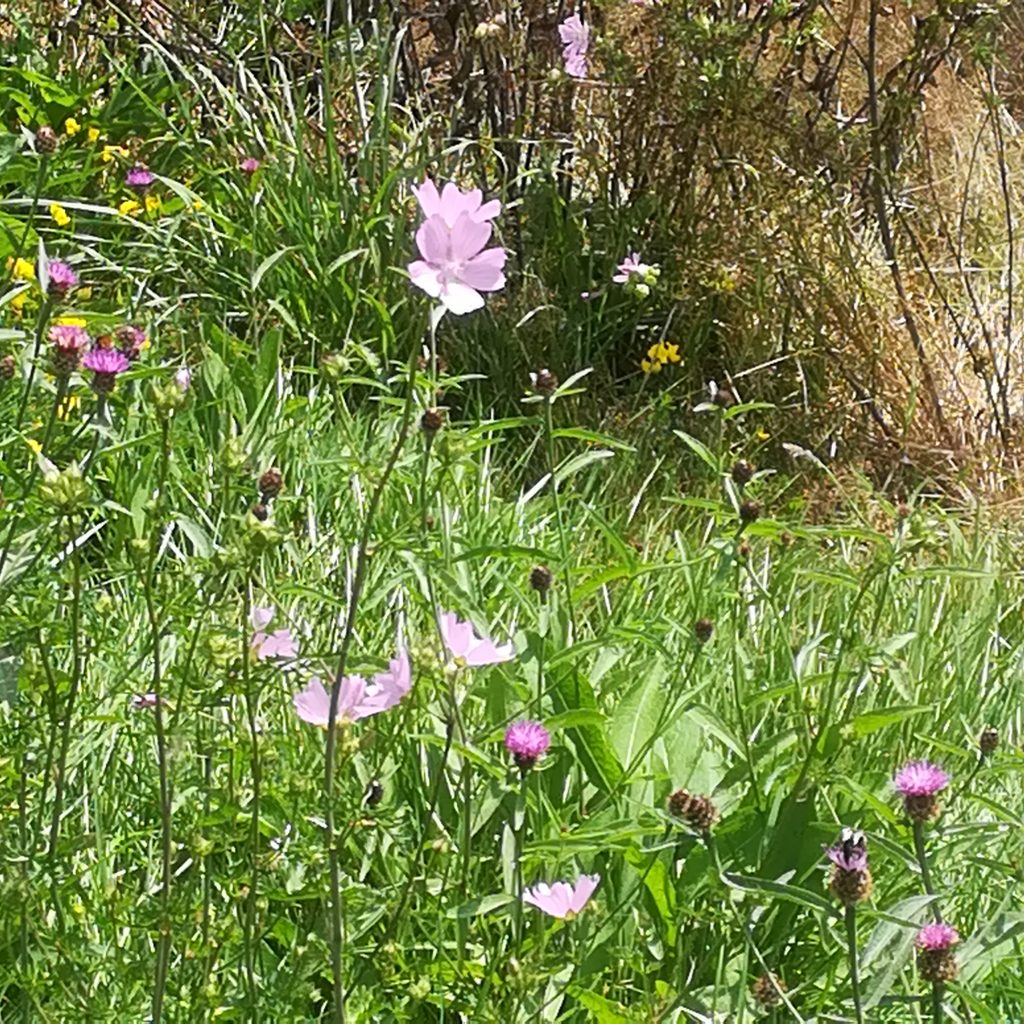
One of the things I like about my job is the variety. I don’t do financial or technical translation (because I wouldn’t know what I was talking about and you need your translators to know what they are talking about) and over the years I’ve shifted the focus and specialised until I am mainly doing the creative sort of things that I like, but this still covers a huge range of texts/stuff. And people turn up and ask me to do interesting things. A while back, fellow translator and ITI member Ros Mendy asked me to translate a section of a Swedish book which apparently mentioned an Englishwoman who was the beekeeper to the King of Libya in the late 1960s. Well you don’t get that sort of intriguing commission every day.
The book was Blomman i Cyrene (The flower of Cyrene) by Christina Söderling-Brydolf, published in 1970. The flower in question is silphium, used across the ancient Mediterranean and Roman world but now extinct. Christina becomes interested in it on an earlier trip to Libya, picks the expert brains of fellow Swede Vivi Täckholm, professor of Botany at Cairo University, and a year or so later embarks on a quest to discover what it was and whether it still exists. She is joined in this enterprise by Lullu Björkenheim, a Finland-Swede, who is fired with enthusiasm for spending weeks on end rattling round Libya in a Land Rover in search of a possibly non-existent plant. At this point Christina is in her fifties, Lullu is in her late sixties, and the two of them have barely spent more than a couple of days in each other’s company.
It could all have been a disaster. It isn’t. What it is is a hugely entertaining road trip, and travelogue told with self-deprecating irony, with a mystery to resolve as a peg to hang it all on for narrative momentum, and a growing friendship between two redoubtable women who are unfazed by hairpin bends or the prospect of getting lost in the middle of nowhere, and able to cope with abandoning all other plans to screech to a sudden halt whenever a likely plant is spotted at the side of a road. At one point Lullu insists on digging one up entirely unaided:
Peter [Lieutenant Commander Peter Hughes RN] and Jean laughed heartily and shook their heads when they saw us out in the red field, Lullu with her foot on the spade and me with a firm grip on the bottom of the sturdy drias stalk.
“Miss Brittan wasn’t as mad as that,” said Peter, once they had got out of the car and come over to us. And Lullu and I will argue to our dying day over whether he meant that Miss Brittan wasn’t as mad as people said she was or that she wasn’t as mad as we were.
Mad or not, it’s an entertaining read, even though (spoilers) no conclusion is ever reached on the identity of the plant. I don’t think this matters. It’s the journey that counts. The other interesting aspect, with hindsight, is that all this is taking place practically on the eve of Gaddafi’s coup. Miss Brittan, as our heroines politely call her, although everyone else they meet in Libya refers to her as “the mad English lady” is beekeeper to King Idris. Within two minutes of meeting her, Christina and Lullu diagnose “paranoia and a severe persecution complex with elements of manic depression” but after discussing botany at length, during which two kettles boil dry and the English tea promised fails to appear, conclude “Our hostess was in fact an utterly lucid, sensible and also educated person, indeed she was the only person we had met in Libya at all who was aware of the country’s history from the days of antiquity”. I was relieved to find from this post at Perpolis on Miss Olive Brittan, Libya’s last queen bee that Olive Brittan did survive the regime change, although she insisted on a very formal ceremony when reluctantly forced to leave, as described by Sir Peter Wakefield here.
Redoubtable women, all. I may well track down some more of Christina Söderling-Brydolf’s travel writing.
